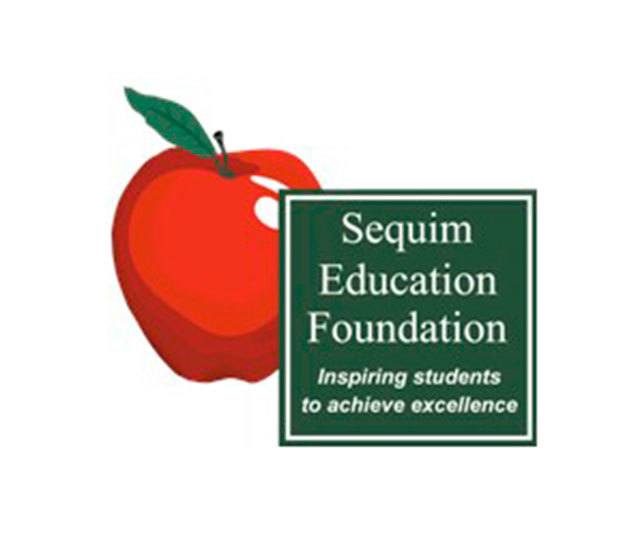Science Café
When: 6:30 p.m. Feb. 21
Where: Paradise Restaurant, 703 N. Sequim Ave., Sequim
Presentation: “Globe Making: How STEM Has Enabled the Ancient Art” with Joe Roubal
Admission: Free
More info: www.sequimeducationfoundation.org
Get ready to expand your mind. Joe Roubal will trace his career as a cartographer, programmer and mapping hobbyist to illustrate how science, technology, engineering and math have evolved over 30 years, resulting in practical evolution of geoscience mapmaking, at the next Science Café, presented by the Sequim Education Foundation.
His presentation, “Globe Making: How STEM Has Enabled the Ancient Art,” is set for 6:30 p.m. Tuesday, Feb. 21, at the Paradise Restaurant, 703 N. Sequim Ave.
Roubal studied cartography and computer science at Western Washington University in Bellingham in the early 1980s and parlayed that enthusiasm into a 30-year-career in the Geographic Information Sciences (GIS) industry. He worked for International Imaging Systems, Space Imaging, Digital Globe and ESRI, and along the way availed himself of the new remote learning technologies to earn a master’s degree in GIS.
He also has partnered with Real World Globes to create globe kits suitable for middle school and older students. The globe maps include Earth, Mars, Venus, Jupiter and the Galilean moons. His presentation will feature globes from different stages of development.
The Science Café is a community service of the Sequim Education Foundation. Programs present expert speakers for adult and young adult audiences interested in current developments in science, technology, engineering and mathematics. Events are held on the second Tuesday of the month at the Paradise Restaurant. Admission is free and food and beverages are available for purchase.
Other upcoming Science Café events include March 14, “Crop Evolution and Domestication of Plant Species for Agriculture” with Laura R. Lewis, WSU director of Jefferson County Extension; and April 11, “Drought Dynamics and Our Hydrological Cycle” with Robert Simmons, WSU Extension Olympic Water Resources regional specialist.



